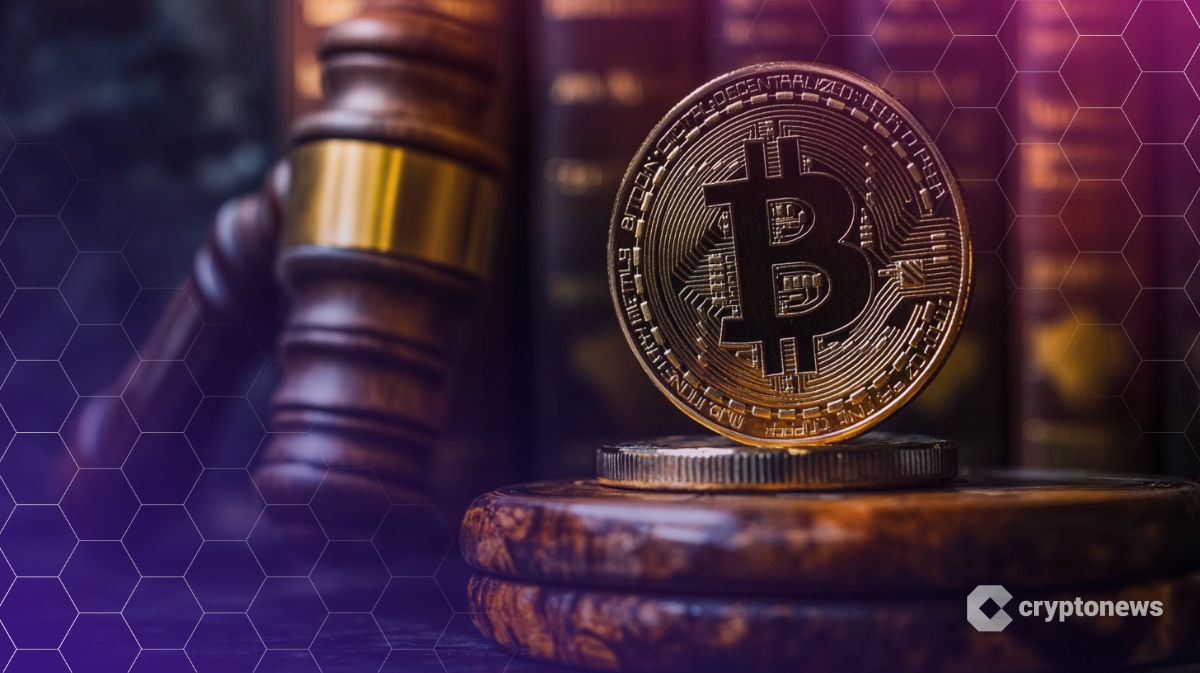
Coinbase has filed an application with the US Office of the Comptroller of the Currency (OCC) for a National Trust Company Charter, marking another move by a major crypto firm seeking to operate within a more structured regulatory framework.
Key Takeaways:
- Coinbase has applied for a National Trust Charter to expand financial services under clearer regulation.
- The move would reduce reliance on third-party banks for fiat transactions while avoiding traditional banking status.
- Circle and Ripple have filed similar applications.
The filing positions Coinbase among a growing list of digital asset companies pursuing the same license, including Circle and Ripple.
Coinbase Says Trust Charter Will Bridge Crypto and Traditional Finance
In a statement on Friday, Coinbase said the charter would support its long-term objective of aligning more closely with traditional finance while continuing to build on its digital asset foundation.
“We’re expanding our business capabilities and regulatory oversight beyond the existing framework, paving the way for innovation and growth in building a modern financial system powered by digital assets,” the company said.
Despite the move, Coinbase was clear that it has no plans to become a traditional bank. “Coinbase has no intention of becoming a bank.
It is our firm belief that clear rules and the trust of our regulators and customers enable Coinbase to confidently innovate while ensuring proper oversight and security,” the statement read.
The license, if granted, would allow Coinbase to offer payments and other financial services without depending on third-party banks for on- and off-ramps.
The crypto market is global, and we need uniform national rules to protect every consumer as the market continues to evolve.
That’s why we’ve applied for a @USOCC national trust charter and the federal regulatory oversight and clarity that it provides.
— Coinbase (@coinbase) October 3, 2025
Luke Youngblood, a former Coinbase engineer behind the exchange’s staking program, explained on a recent podcast that a trust charter would give Coinbase the flexibility to directly manage fiat inflows and outflows. “No more relying on partner banks,” he said.
Youngblood also noted how much Coinbase’s retail platform has improved since he left in 2022.
“When I worked there, the debit card didn’t work very well and the app was clunky. Now, you can really tell they’ve hired some top engineering talent.”
The filing comes at a time when other major crypto players are also seeking trust licenses. Stablecoin issuer Circle submitted its application on July 1, followed closely by Ripple Labs.
Ripple CEO Brad Garlinghouse described the license as a “new (and unique!) benchmark for trust in the stablecoin market.”
TIME Names Coinbase a 2025 ‘Disruptor’ Among Most Influential Companies
As reported, TIME has recognized Coinbase as one of 2025’s 100 Most Influential Companies, labeling the crypto exchange a “disruptor” for its significant role in shaping US digital asset policies and markets.
TIME noted the exchange as a key driver behind the industry’s policy efforts and predicted Coinbase could become the central hub for crypto trading in the US.
Beyond the US, Coinbase is broadening its reach in Europe, securing a license under the EU’s MiCA regulatory framework through Luxembourg’s financial regulator.
Notably, Coinbase also continued its corporate Bitcoin accumulation.
In Q2, the company purchased 2,509 BTC for approximately $222 million, lifting its total holdings to 11,776 BTC and placing it back among the top 10 public holders of the asset, just ahead of Tesla by coin count.
The post Coinbase Applies for National Trust Charter to Expand Regulated Crypto Services appeared first on Cryptonews.
Disclaimer: This news has been automatically collected from the source link above. Our website does not create, edit, or publish the content. All information, statements, and opinions expressed belong solely to the original publisher. We are not responsible or liable for the accuracy, reliability, or completeness of any news, nor for any statements, views, or claims made in the content. All rights remain with the respective source.
